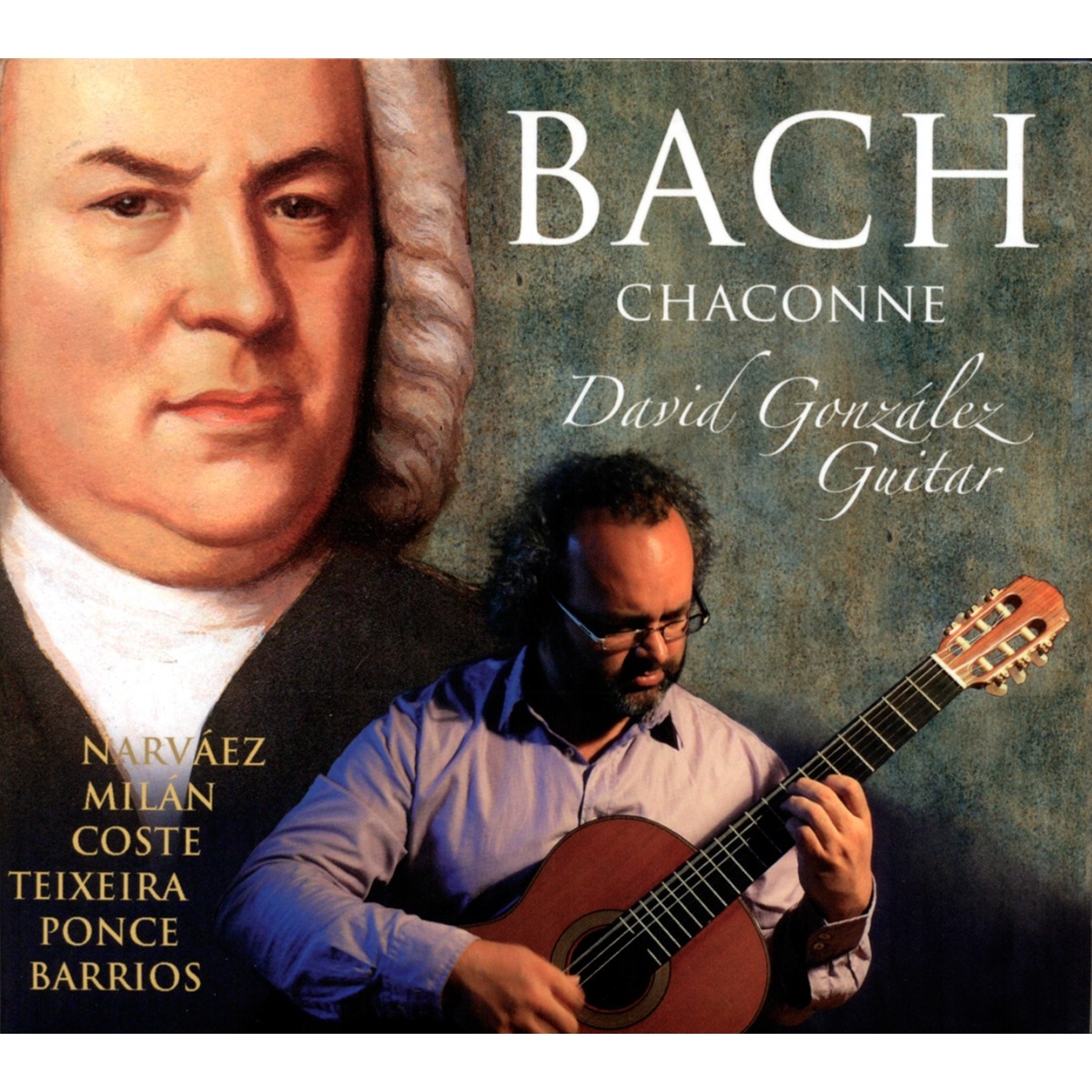



In variation 6, the tetrachord in the lower. The chaconne has been understood by some nineteenth and early twentieth-century theorists to be a set of variations on a harmonic progression, as opposed to a set of variations on a melodic bass pattern (to which is assigned the term passacaglia ), 7 while other theorists of the same period make the distinction the other way around. Performances in Zurich of his operas “Turandot” and “Arlecchino” they draw upon the Commedia dell’arte.ĭirector of a master class at the Prussian Arts Academy in Berlin. This occurs between variation 6 (from measure 49 to measure 51) and variation 8 (from measure 65 to measure 68). Performance in Hamburg of his opera “Die Brautwahl” (“The Bridal Choice”).ĭirector of the Liceo Musicale in Bologna. “Fantasia contrappuntistica” for piano as an attempt to find a conclusion for Bach’s “Art of Fugue.” 1 Reborn in the 20 th Century: The Chaconne and Passacaglia Throughout Violin Literature Chaconne and passacaglia are musical forms involving variations over a ground bass. 39, for piano, orchestra, and male choir in five movements with a concluding choral movement.Įssay: “Sketch of a New Esthetic of Music.” This last piece wins the first prize in composition.Ĭoncerto, Op. This piece is an excellent choice to practice. 30a and Konzertstück for Piano and Orchestra, Op. A chaconne is music of continuing variation in moderately slow triple meter and with a slow harmonic rhythm. Participates in the piano and composition categories of the Rubinstein Competition in St. The baroque dances, chaconne and passacaglia are examples of continuous variations. Piano instructor in Helsinki, Moscow, and Boston. His parents foster his musical education. chaconne allows for limitless variations and continuous momentum, it in turn also. 1866īorn in Empoli on April 1, the son of a clarinetist and a pianist. Chaconne, Measure 207, Beat 1 (transposed), Suggested Fingerings. In addition, he adapted and transcribed quite a few works, especially those of Johann Sebastian Bach. Important composer, pianist, conductor, and music essayist who advocated for classicality and classicism in a mode of thought aligned with progress.


 0 kommentar(er)
0 kommentar(er)
